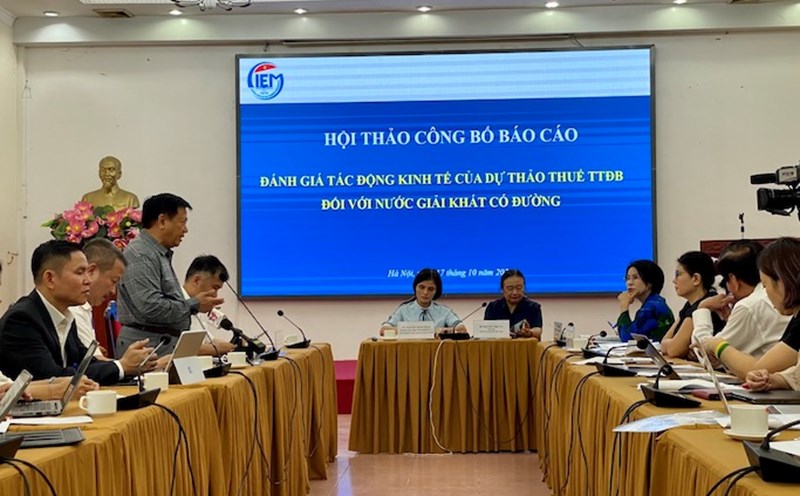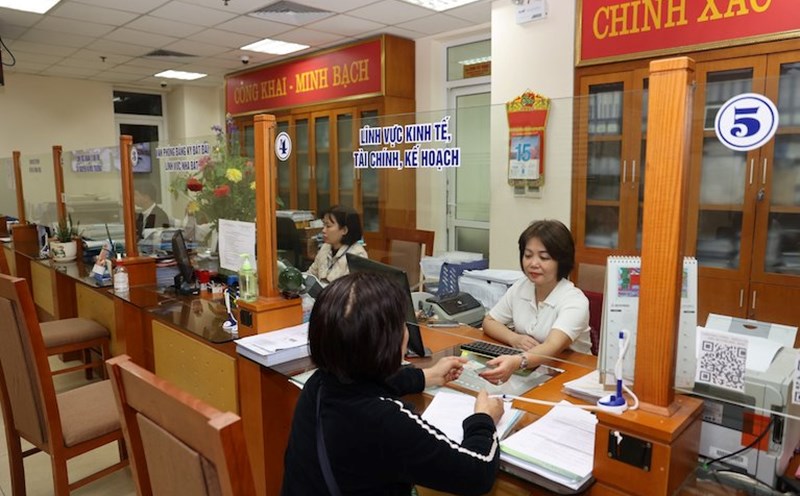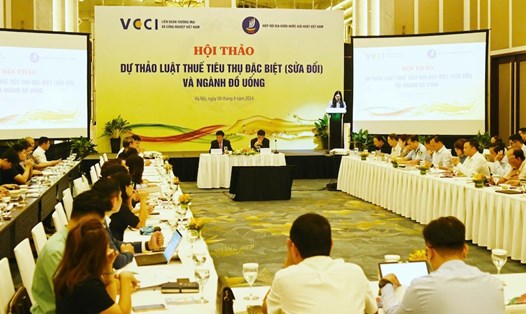On November 14, the Vietnam Economic Science Association chaired a workshop on Comments on the draft Law on Special Consumption Tax (amended) on alcoholic beverages.
The workshop with the theme: “Tax increase plan to achieve multiple objectives and sustainable benefits”, announced the results of the study on Quantitative economic impact assessment of the draft to increase special consumption tax on beer. This is a research project conducted by a group of experts from the Central Institute for Economic Management in collaboration with the General Statistics Office.
To assess the impacts of tax increases, the research team conducted 3 options, including 2 options proposed by the Ministry of Finance for beer (mentioned in the draft revised Law on Special Consumption Tax) and 1 option to increase taxes as proposed by the Vietnam Beer, Alcohol and Beverage Association (VBA) (mentioned in the official document sent to the Ministry of Finance and the Government).
In terms of impact on workers' income, option 1 reduces workers' income in the economy by VND 3,422 billion (cumulative period 2026-2030), option 2 reduces VND 4,585 billion, and option 3 reduces VND 2,215 billion.
All three options reduce the income of workers in the economy. In particular, the reduction in income of workers due to tax increase under option 2 is more than twice the impact of tax increase under option 3. This shows that option 3 causes less harm to workers than options 1 and 2.
Thus, increasing taxes according to Option 3 still ensures an increase in state budget revenue, but has a less negative impact on the beer industry and 21 other sectors in the economy. And importantly, this option also ensures a balance with social goals, ensuring a sustainable level of income and security for workers.
Dr. Nguyen Minh Thao, Head of the Department of Business Environment and Competitiveness, Central Institute for Economic Management (CIEM) - said: "Through quantitative research, we found that when increasing special consumption tax on beer, state budget revenue from product tax (indirect tax) increases.
But in general, in terms of economic impact, when taxes are increased, it will affect the production of the beer industry, thereby reducing the production of industries in the inter-industry relationship. This leads to a decrease in depreciation of fixed assets of enterprises, leading to a decrease in profits, reducing the income of workers and therefore reducing direct taxes.
According to Prof. Dr. Hoang Van Cuong, National Assembly Delegate, Member of the National Assembly's Finance and Budget Committee, Vice President of the Vietnam Economic Science Association, the goal of increasing special consumption tax is to change behavior, not to increase budget revenue. Propose a plan to avoid shocking businesses. There needs to be a period of time to assess the impact, time to transform, and time for businesses to adapt. The level of increase and the roadmap for the increase need to be carefully considered.
The Law on Special Consumption Tax (amended) will be submitted to the National Assembly for comments at the ongoing 8th session of the 15th National Assembly and is expected to be approved at the 9th session (May 2025).











